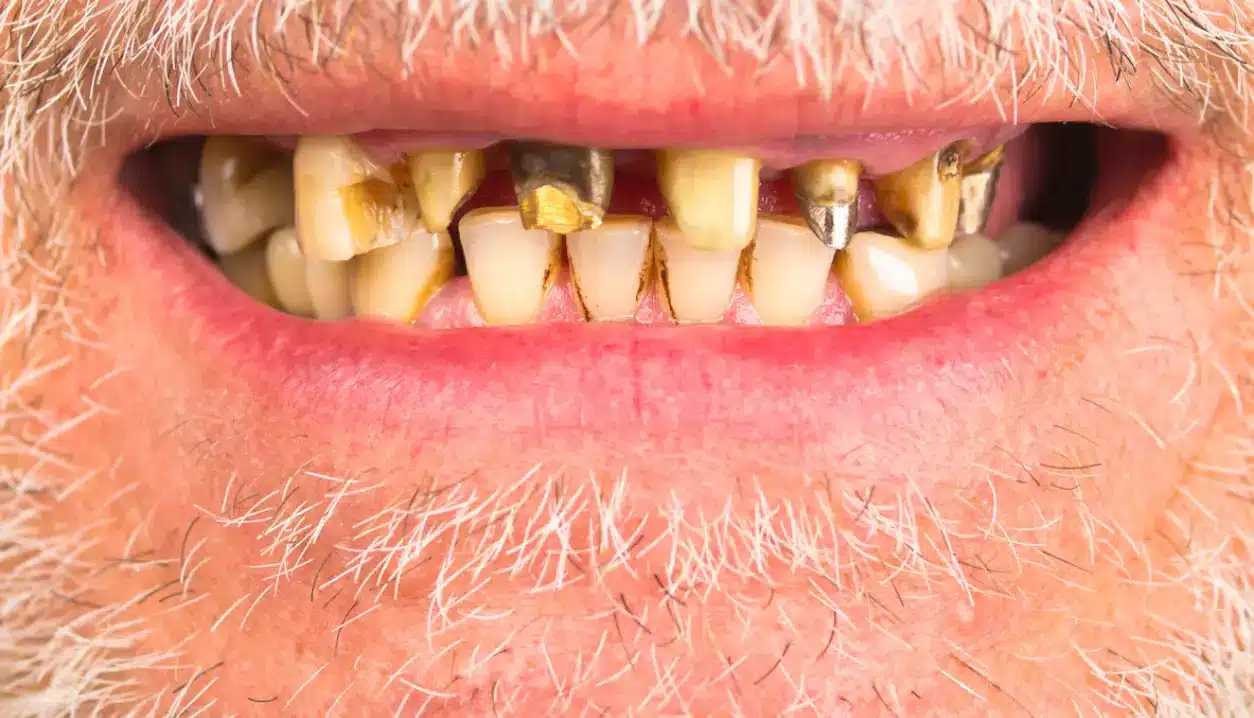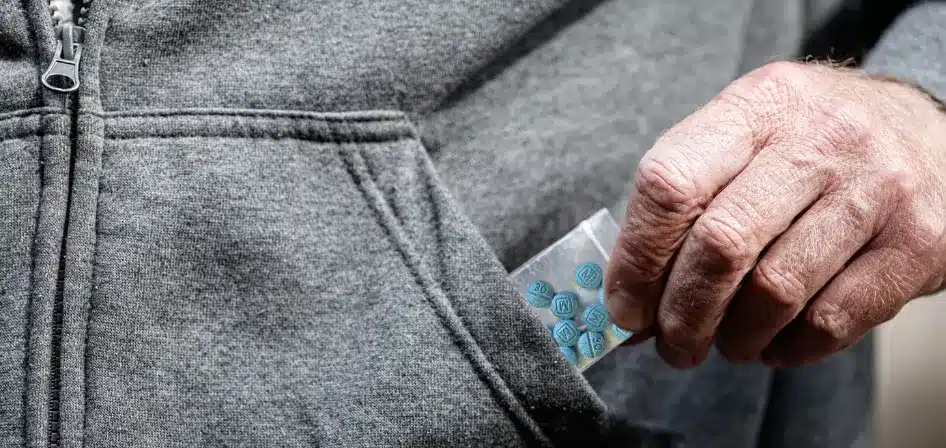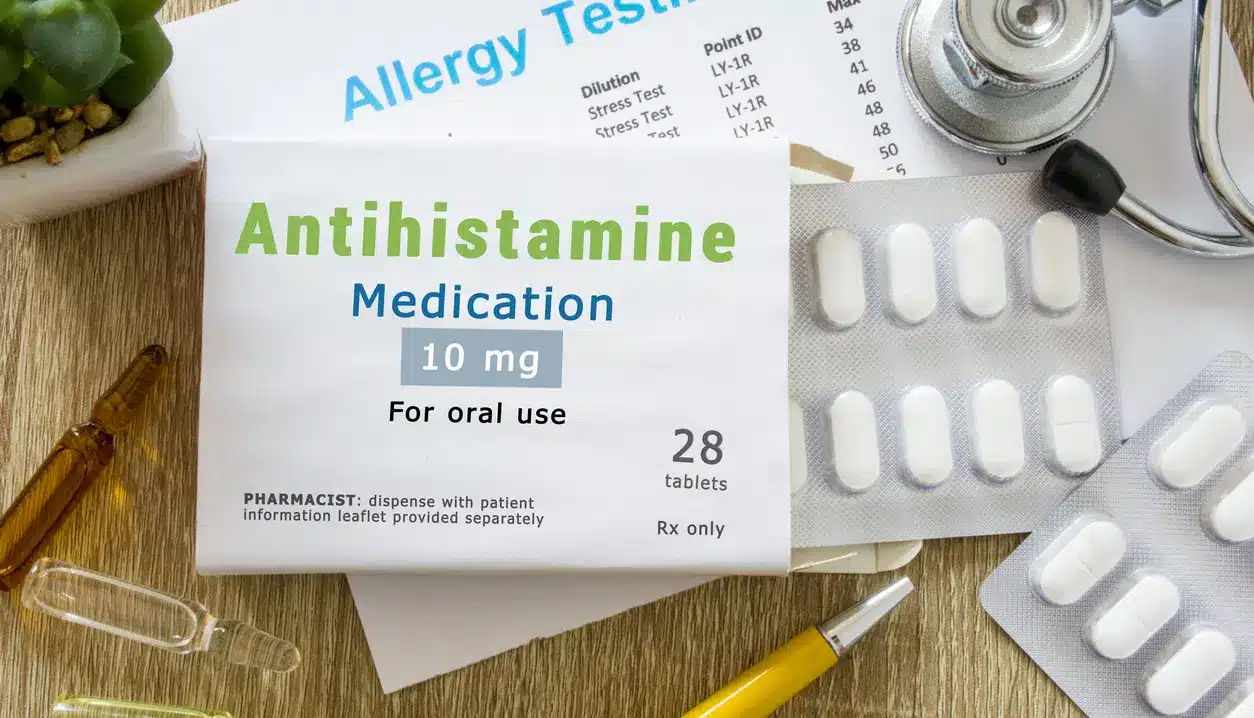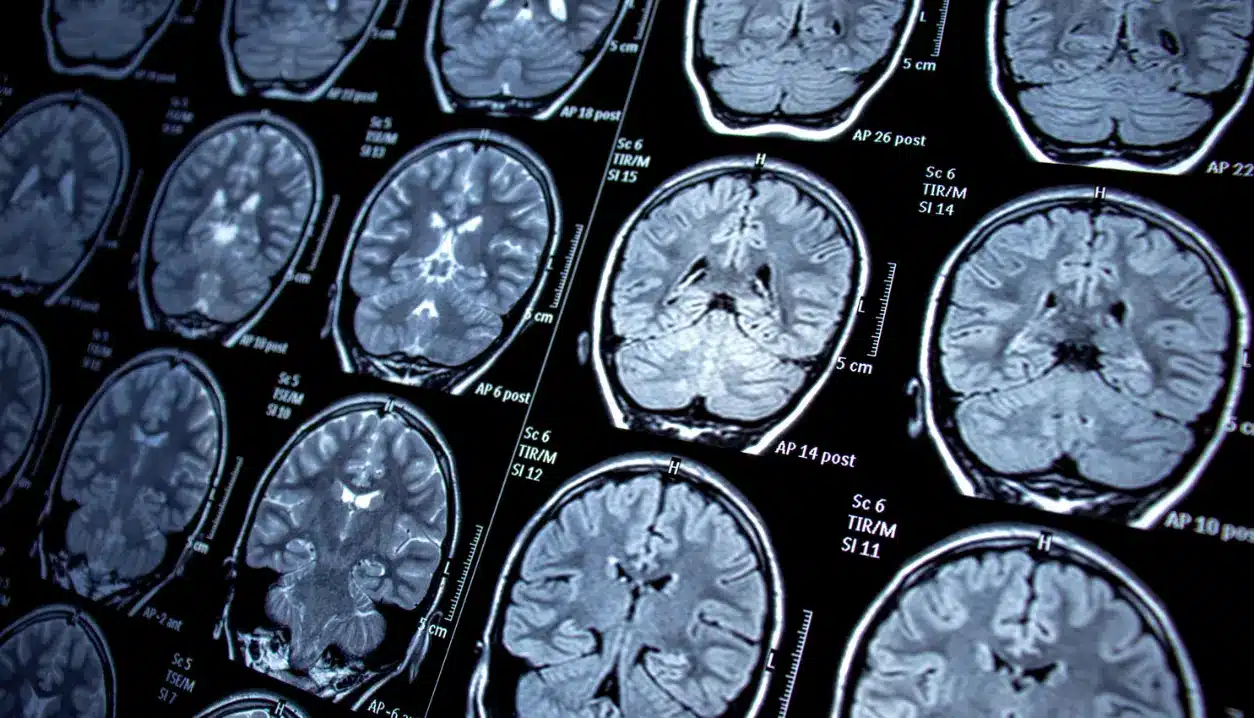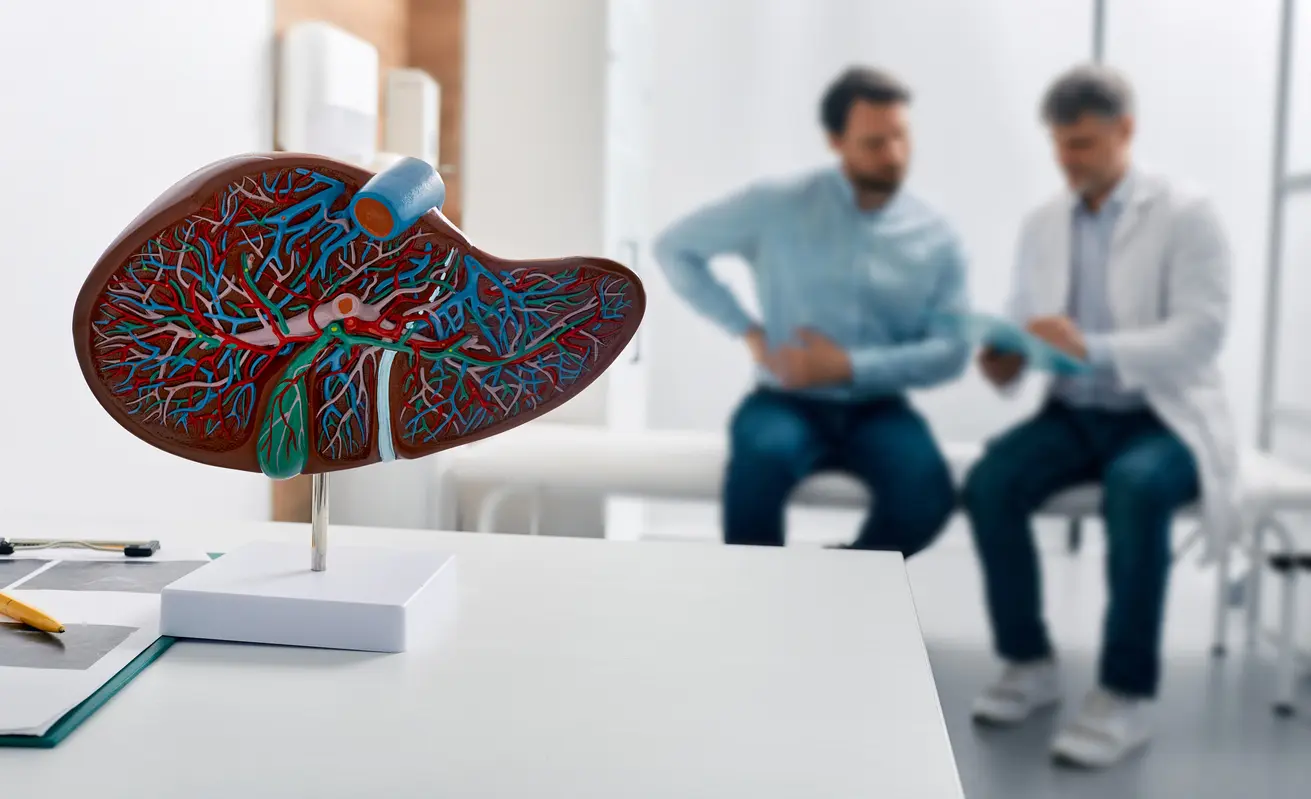Imodium Addiction Treatment Rehab
If you're contending with Imodium addiction, getting help is essential. Contact us at Ocean Recovery, and discover what options are available to you. Request a Callback
Imodium, known as Loperamide, is a medication that is available over the counter to treat stomach concerns and diarrhoea. When taken at the recommended dosage, it has low risks and is tolerated well by the body. However, it can be abused as an opioid, resulting in dependence and addiction.
Here, we highlight the signs and symptoms of an Imodium addiction and discuss what you can do if you’re worried about your usage or a loved one.
What is Imodium?
Available in tablet, capsule or liquid form, Imodium is a type of medication that is used to treat inflammatory bowel disease and diarrhoea. It’s available over the counter or by prescription, and many people assume it must be safe and that it is highly unlikely you will become addicted. However, while Imodium is safe in moderation, it can potentially be abused.
Imodium works by slowing down the digestive processes in the intestine. Imodium doesn’t cross the blood-brain barrier or affect brain receptors when taken at the recommended dosage. However, at higher doses, it does.
These receptors can create euphoric sensations, which is where the addictive nature comes into play. High doses of Imodium can cause constipation, dizziness, drowsiness, and in some severe cases, damage to vital organs.
There is also the risk that you could cause an Imodium overdose, which can result in serious health complications and even death. That’s why it’s crucial to contact us and get the help you need.
 Get In Touch
Get In Touch
Are you suffering from Alcohol Addiction and need help? Ocean Recovery is a leading UK based expert in Private Alcohol Rehab. Find out how we can help by getting in touch with our friendly team today.
Signs of Imodium Abuse
It’s important to know that when Imodium is taken as intended, with the recommended dosage, it is safe. However, when it’s taken at high doses, it can have a similar effect to opioids.
The signs of Imodium abuse and symptoms of Loperamide (Imodium) addiction will vary between individuals; however, some common ones include:
- Using Imodium even though symptoms have disappeared
- Going above and beyond to get more Imodium (such as visiting different pharmacies)
- Taking Imodium even though it’s harming your health and other areas of your life
- Self-medicating with Imodium to treat opioid withdrawal
- Wanting to stop but not being able to
- Experiencing withdrawal symptoms and side effects and not being able to function without Imodium
Imodium, like other over the counter and prescription drugs, can result in dependence. This is because your body, and brain receptors, become used to the drug and require more to function. If you are addicted and try to reduce your dosage or even stop taking Imodium, you are at risk of withdrawal symptoms and side effects.
Identifying that you have an Imodium addiction is the first and crucial step in your recovery. This is because you’ve got to want to recover to do so. At Ocean Recovery, our phone line is always open, and we will listen to your concerns and open your eyes to what your future could look like – without Imodium addiction.
Drug Addiction Rehab Treatment
Anyone can experience addiction – whether or not you have a history of addictive behaviour. Imodium addiction requires medical assistance and private drug and alcohol rehab treatment like other addictions. This is because addiction is a serious health condition. To effectively treat any addiction, including Imodium addiction, the physical dependence must be mitigated as well as the psychological triggers.
Before you start any treatment, drug detox is required. This is when the Imodium and any other substances leave your body. Many people try this at home, but challenging side effects and withdrawal symptoms, which are completely normal, can make it very difficult to complete.
A medically assisted detox is completely different and one of the biggest reasons for choosing rehabilitation treatment. You’ll be monitored and supported during the process, which takes up to 10 days.
Our medical professionals can also prescribe medication to help ease any side effects. Once you’ve completed this stage, you’re ready to start treatment.
At Ocean Recovery, our leading rehabilitation centre is situated on Blackpool’s shores. Here, we combine evidence-based therapy and treatment, including behavioural therapy, counselling, psychological therapy and holistic activities.
You’ll be guided to understand your addiction and create new, healthier strategies. Focusing on resilience and motivation, you’ll also work with specialist teams on aftercare and relapse prevention to ensure you can maintain your recovery on the outside.
Get in Touch Today
Thousands of people have come to us not knowing what the future holds. Individuals gripped by Imodium addiction, families fed up with watching their loved ones go through pain, and employers concerned about a colleague and looking for some advice. We’ve helped all of them at Ocean Recovery, and you could be next.
As a CQC-registered alcohol and drug rehab and one of the UK’s leading addiction recovery treatment centres, Ocean Recovery is the perfect place to heal your body and mind – away from distraction, temptation and influence.
What’s more, as an inpatient, you’ll have access to high-quality accommodation, state-of-the-art facilities and an intensive yet supportive therapy programme that keeps you at the heart of your recovery.
There’s nothing to be ashamed of when it comes to addiction, and you don’t need to fear rehab. Just know that you are making the best decision for yourself and your family by going to rehab. Contact us today on 0800 880 7596, and together, we can start planning for the life you’ve always wanted.
Areas We Cover
See below the list of just some of the locations our leading drug rehab service covers in the United Kingdom.
- Rehab in Liverpool
- Rehab in Manchester
- Rehab in Birmingham
- Rehab in Nottingham
- Rehab in Glasgow
- Rehab in Cardiff
- Rehab in Bristol
- Rehab in Blackpool
- Rehab in Cumbria
- Rehab in Lancashire
- Rehab in Merseyside
- Rehab in Cheshire
- Rehab in Yorkshire
- Rehab in West Midlands
- Rehab in North East
- Rehab in Surrey
- Rehab in Essex
- Rehab in London
John Gillen
- Author
- Last updated: September 2, 2022
John is one UK’s leading professionals in the addiction recovery industry. Pioneering new treatment techniques such as NAD+ and ongoing research into new therapy techniques such as systematic laser therapy, John is committed to providing the very best treatment for people throughout the UK and Europe. During his extremely busy schedule, John likes to regularly update our blog section with the latest news and trends in the industry to keep visitors to our site as well informed as possible on everything related to addiction treatment.
Request A Callback
Enter your phone number and a member of our team will call you back to discuss your recovery.
Contact Us
For more information please get in touch using the information below
Call: 01253 847 553 Send us a messageDownload Our Brochure
For more information about the addiction services that Ocean Recovery offer, download our brochure.
Download our brochureDo I need help?
A lot of people are unsure if there are suffering from addiction. Take these tests to find out if its effecting you without your knowledge.
Select your test and find out more
Drug Addiction Treatments
Our Centre
Rehab In Northern England

Google Reviews
4
Tel: 01923 369161
Email: info@oceanrecoverycentre.com
Address: 94 Queen's Promenade, Blackpool, FY2 9NS
View CentreOur Partnering Centres
Rehab in Scotland

Google Reviews
5
Tel: 01475 303998
Email: info@novarecovery.com
Address: 10-12 Scott St, Largs, North Ayrshire, KA30 9NU
View CentreRehab in Greater London

Google Reviews
4.5
Tel: 01923 369 161
Email: info@cassioburycourt.com
Address: Cassiobury Court, Richmond Drive, Watford, Herts, WD17 3BH
View CentreRehab in the Midlands

Google Reviews
4.5
Tel: 01908 489 421
Email: info@asanalodge.com
Address: 48 Moorend Rd, Yardley Gobion, Towcester, NN12 7UF
View CentreOur Blogs

How to Commit to Sobriety
If you are suffering from alcohol addiction or substance misuse issues, it can be very difficult to overcome. Sobering up in the first place can be a major challenge, but recovery is not a single step – it is an ongoing process. Committing to sobriety means making a serious and continuing effort to stay away

Life After Addiction: How to Cope With Survivor’s Guilt
Recovering from addiction is a very personal journey, but something many share is a sense of achievement and renewal. On the other side of the coin, for many individuals who have walked this path, the joy of recovery can be accompanied by an unexpected emotional burden – survivor’s guilt. And this feeling (which is commonly

What Does Ketamine Do to Your Bladder?
Ketamine, in the context of recreational drug abuse, can have severe effects on our bodies – with one of the major organs impacted being the bladder. But what does ketamine do to your bladder? And why is it so serious? Find out the answer to this question and more below. What Is Ketamine? Ketamine is

The Link Between Alcohol and Chest Pain
The UK is known for its drinking culture, and many people use alcohol – often to excess. It’s estimated that 24% of adults in England and Scotland regularly drink over the Chief Medical Officer’s low-risk guidelines, while 27% of drinkers in Great Britain binge drink on their heaviest drinking days. Alcohol is linked to a

Methamphetamine Mouth: Signs, Causes & Risk Factors
The UK and USA are two of the biggest drug-taking nations in the world. Both countries have problems with drug addiction among the population and indulge in similar substances such as cocaine, opiates and meth. Although meth use isn’t as common here in the UK when compared to the US, tens of thousands still use

Are Fentanyl Deaths Rising in the UK?
There has been significant concern that the number of fentanyl-related deaths in the UK has recently been on the rise. In this article, we assess whether fentanyl is a widely used drug in the UK and how many people have died as a direct result of fentanyl use. What is Fentanyl? Fentanyl is a powerful

Can You Get Addicted to Antihistamines?
Antihistamines are medications commonly used to treat the symptoms of allergies, including hay fever, conjunctivitis, hives and reactions to insect bites and stings. They also have a number of other legitimate uses, such as treating nausea and sickness, motion sickness and insomnia. They can also be misused, particularly in forms that can make you feel

What is Wet Brain?
Alcohol abuse can lead to numerous health problems, and sadly, some of them can be severe and life-threatening. One of those conditions is known as “wet brain,” an informal term for Wernicke-Korsakoff Syndrome (WKS). This syndrome is a serious brain disorder, which is caused by a deficiency of thiamine (vitamin B1), and it’s often linked

Alcohol and Panic Attacks: Is There a Link?
When we drink alcohol, it can definitely cause some feelings of anxiety. But can they cause something more significant, like a panic attack? This question is one that many want an answer to as they work on understanding their personal relationships with alcohol and mental health. This blog explores whether there is a genuine link

How to Repair a Damaged Liver from Alcohol
.The liver, one of the body’s most vital organs, plays an essential role in processing nutrients, filtering toxins, and supporting overall health. Unfortunately, excessive alcohol consumption can severely damage this important organ. Understanding the impact of alcohol on the liver and recognising the signs of damage are the first steps towards recovery. This article explores





